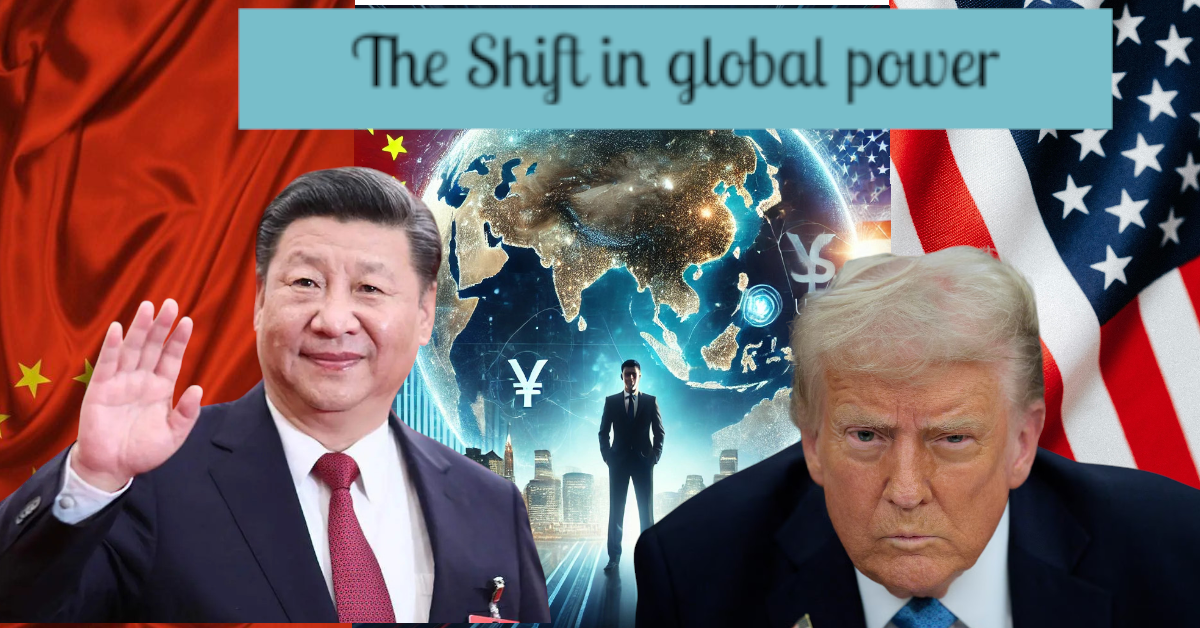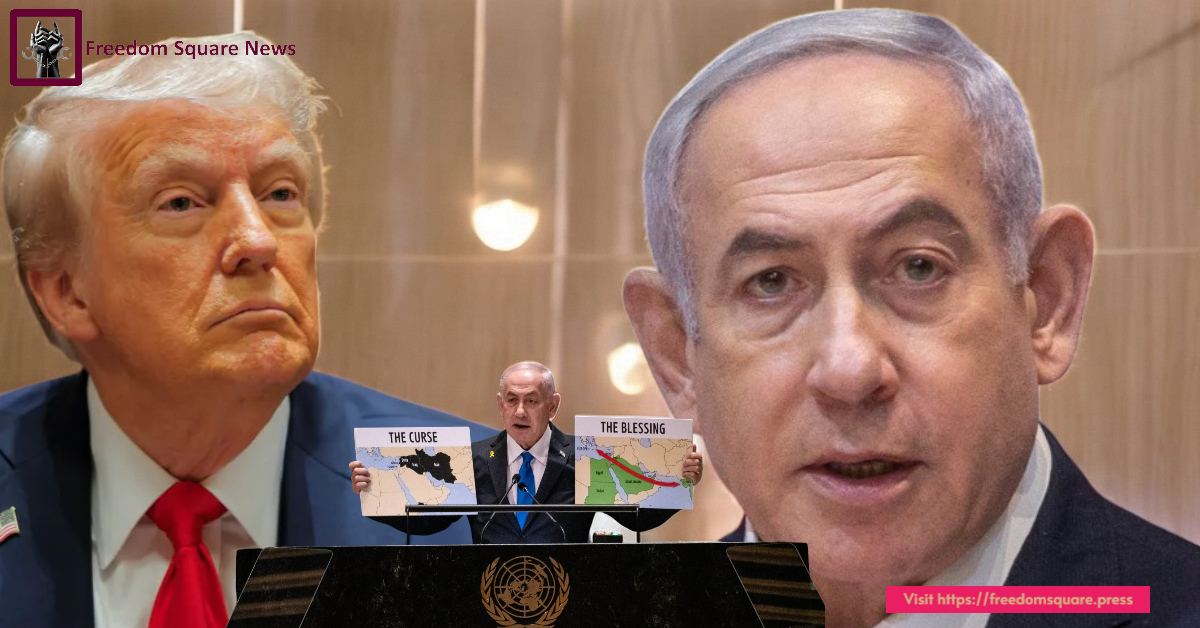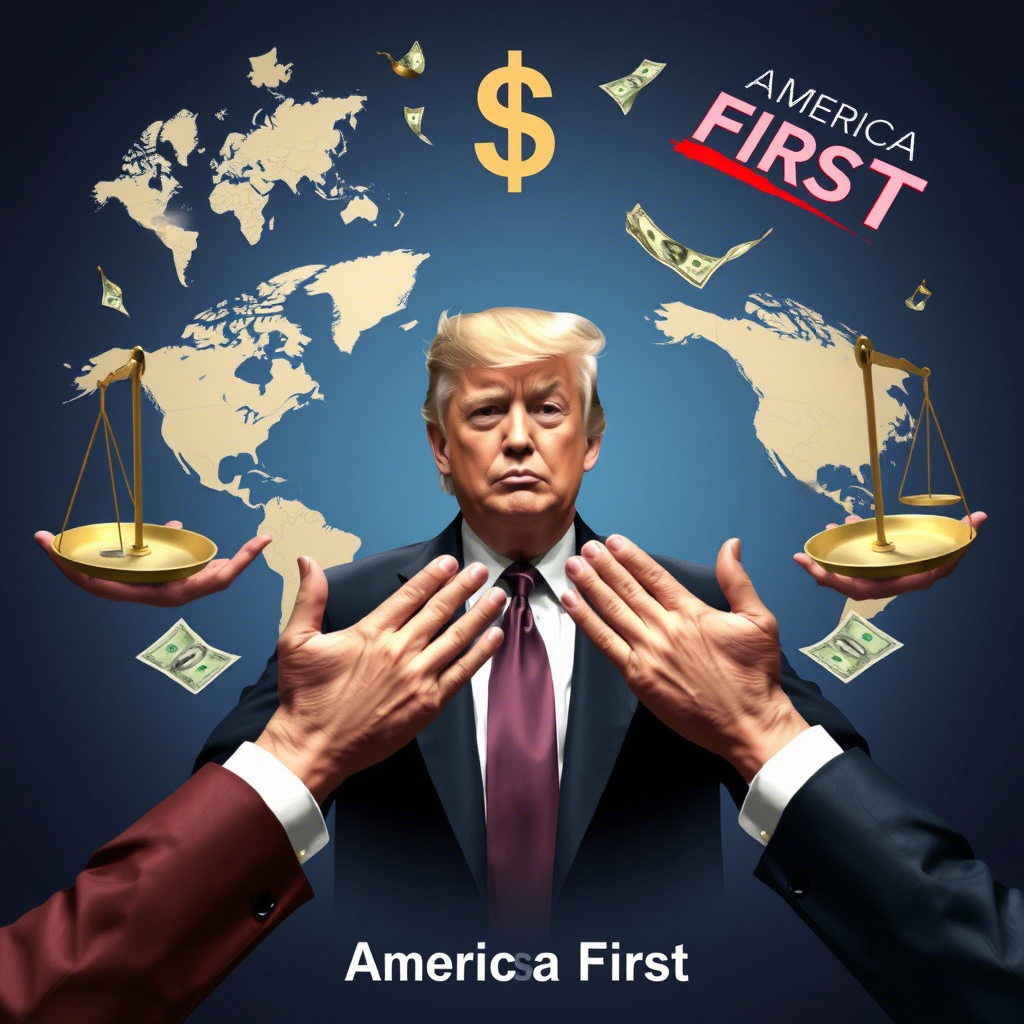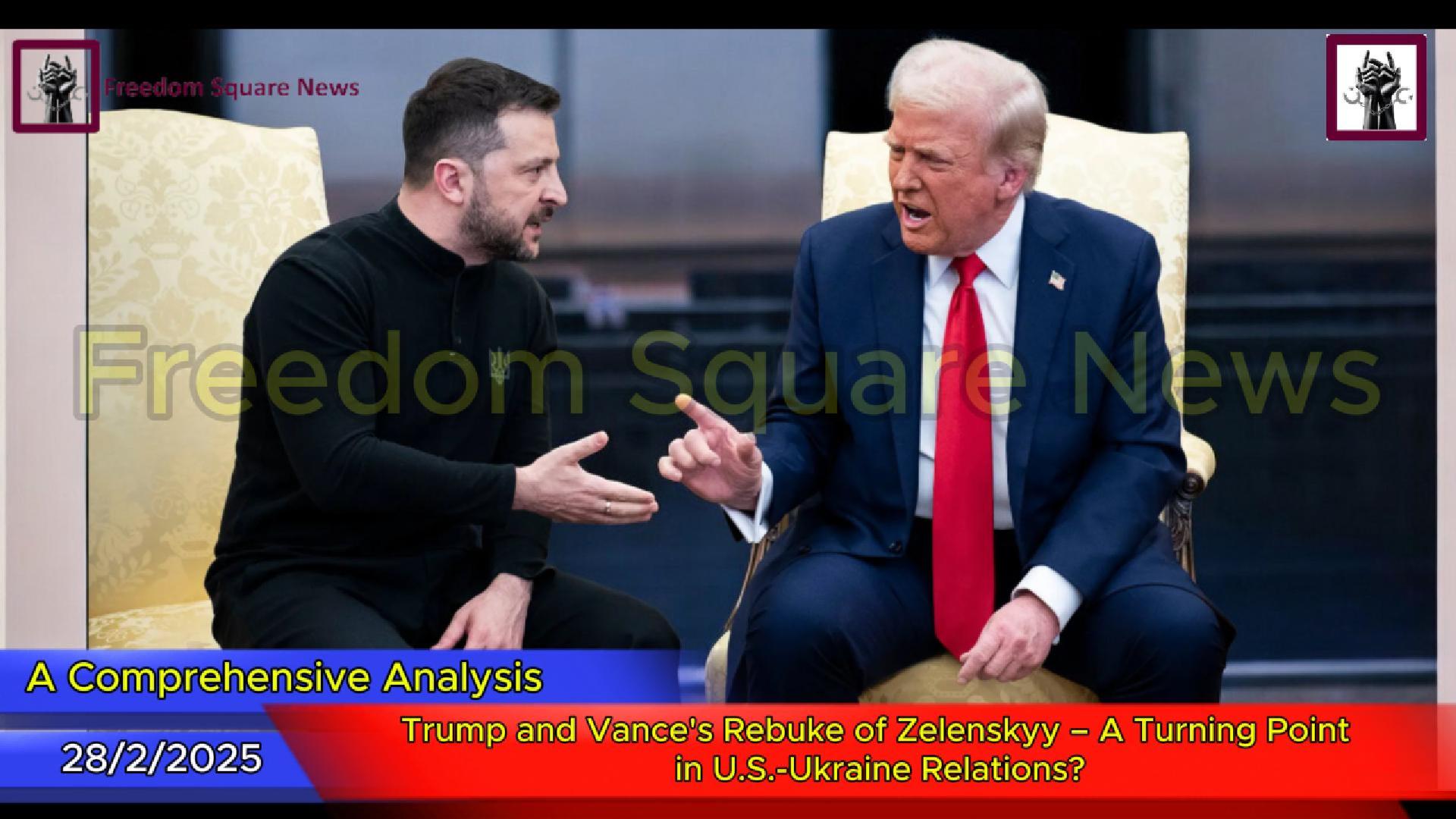In a recent interview by TVC News, Chief Anabs Sara-Igbe, the National Coordinator of the South-South Elders Forum and former spokesman for the Pan Niger Delta Forum, discussed the Rivers State political situation and provided insights into Nigerian politics.
Sara-Igbe spoke on the current events in Rivers State, godfatherism in politics, the role of traditional rulers in combating insecurity, and other topics.
Sara-Igbe strongly condemned the explosion in the Rivers State House of Assembly, emphasizing the need of avoiding excessive spending, especially when there are urgent issues that require financial attention.
Sara-Igbe portrayed the attempted impeachment of Governor Siminalayi Fubara as a revolt against the governor when addressing the attempted impeachment. He also noted former Governor Nyesom Wike’s influence and the obstacles of creating independence in the State House of Assembly.
- N’Delta leader Condemns attack on Rivers Assembly, Fubara
- Shooting at Fubara was not Deliberate — Rivers police
- President Tinubu Intervenes to Resolves Fubara-Wike Rift
- Rivers State Crisis: 24 Lawmakers Sign for Impeachment of Governor Sim Fubara
- Rivers State Governor Signs Resolution Amid Political Crisis
Sara-Igbe emphasized the karmic penalties that previous governors often face when they disagree with their successors when discussing the role of godfathers in Nigerian politics. He remarked that godfatherism is difficult to eradicate totally because politicians frequently rely on powerful persons for support.
Sara-Igbe also addressed the topic of insecurity in Nigeria, suggesting that traditional rulers be constitutionally empowered to play a more active role in addressing local security issues. He underlined that providing traditional rulers defined functions and powers will allow them to be more effective in ensuring peace and security in their communities.
Chief Anabs Sara-Igbe’s interview provides unique insights into Nigeria’s complicated political terrain, where power conflicts, karma, and the role of traditional leaders all intersect to create the country’s political dynamics.




